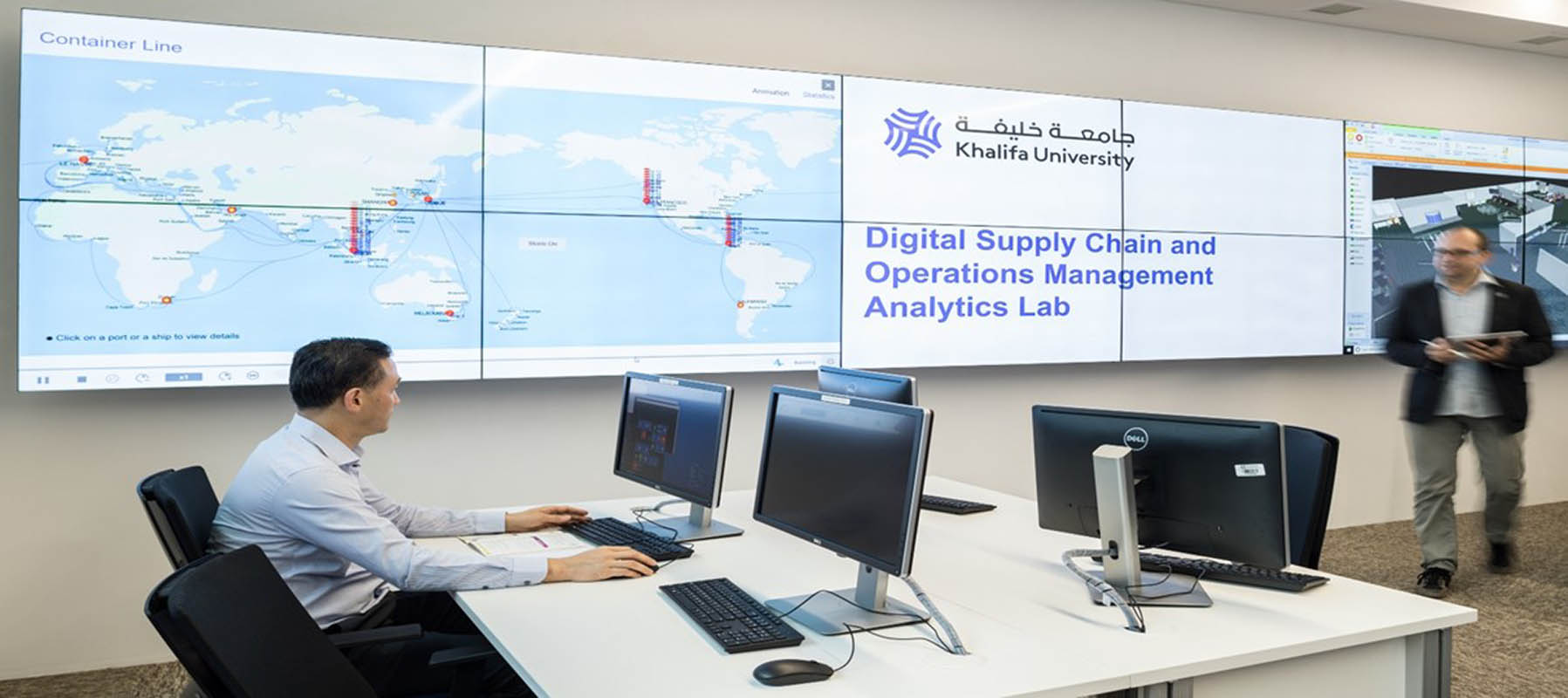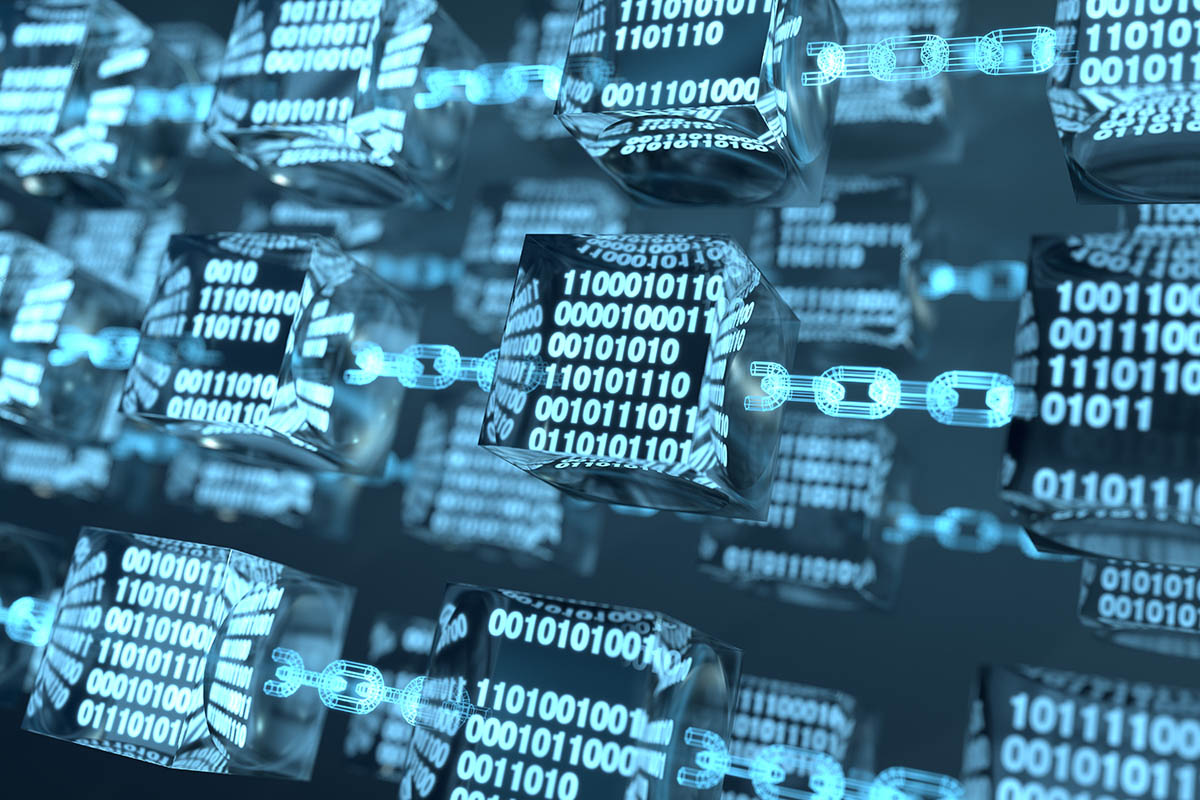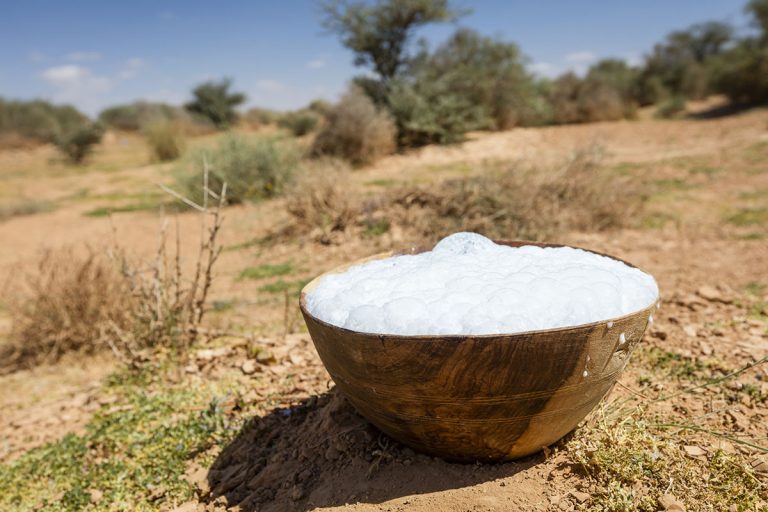Beyond tech: understanding the human side of innovation
Kalifa University’s Socio Technical Systems Lab explores the relationship between technology and society, and examines the long-term consequences of innovation.
“If we were to launch a new technology, will society accept it? What are the social implications? And how can governments and companies responsibly implement this technology while considering cultural norms and demographics?” These are the kinds of the questions driving researchers at Khalifa University’s Socio Technical Systems Lab (STSL) as they work on advancing digital transformation in the United Arab Emirates and beyond.
Bringing together 16 faculty members working in disciplines ranging from computer science and engineering to economics and management, the lab integrates the expertise needed to analyze the long-term impact of innovative technologies on people, businesses and the environment.
“While most university departments focus on innovative technologies at the micro level, we look at the macro picture and societal implications.”
Mohamed Omar
“While most university departments focus on innovative technologies at the micro level, we look at the macro picture and societal implications,” says Mohamed Omar, Professor of Industrial and Systems Engineering and leader of STSL. “The work of our researchers is transferable to multiple sectors, including maritime logistics, healthcare delivery and the food system; positioning this lab as a leader in enterprise and supply-chain modernization.”
Emerging technologies applied to real-world challenges
But how does the STSL team tackle these issues? By employing innovative tools, such as blockchain, digital twins for virtual-reality simulations1, the metaverse and generative AI. A prime example is the development of a blockchain-based accountability framework. In simple terms, blockchain is like a digital ledger that everyone can see and no one can modify, making it ideal to keep data safe and secure. When it comes to safeguarding consumer trust in the UAE’s food choices, STSL researchers are proposing a comprehensive system based on sensors, AI and blockchain technologies to track the entire journey from farm to shelf. Initially, sensors will monitor key soil and produce parameters, such as temperature, moisture, pH, nutrients and microbes; ensuring compliance with sustainability certification standards. This data is then analyzed by AI and anomalies are reported on the blockchain before the produce reaches the consumer. In the last step, consumers scan a QR code on the product to access its complete history via the blockchain.2
“This solution not only enhances transparency and traceability in the food supply chain but also supports sustainability efforts,” says Ahmad Musamih, a postdoctoral fellow in Management Science and Engineering, who worked on the project. “By monitoring the entire process, from seed to harvest, we can ensure a more reliable and accountable system that benefits both producers and consumers,” he says.
Blockchain isn’t just a buzz word at STSL, researchers have demonstrated the versatility of this technology for applications in various sectors, including healthcare.3 Salah explains: “Our work has focused on leveraging blockchain to improve the traceability, transparency, and security of asset management, especially in high-stakes industries such as healthcare.
“By implementing smart contracts, we enable automated processes such as the resale and leasing of critical medical equipment. This helps enterprises ensure asset optimization while addressing issues including counterfeit detection, certification and auditing, which became particularly relevant during the global supply chain disruptions seen during the COVID-19 pandemic.”

Cutting-edge research impacting the UAE
Researchers at STSL apply large-scale engineering methods that help companies understand complex systems, make informed decisions and maximize profits, while prioritising societal needs. They have developed intelligent management systems to support the planning and deployment of assets in various sectors. “We help enterprises fully leverage their assets,” explains Omar. “For instance, items can be tagged with radio-frequency identification to identify and track objects, but this technology alone isn’t enough. It needs to be integrated into a smart system across the enterprise so that a company knows when an item is sitting idle. That way, it can be rented to others who need it, creating an additional revenue stream,” he says.
When it comes to high-value manufacturing, STSL researchers are reimagining enterprise production systems that emphasize not only profit-making but also environmental sustainability and responsible sourcing policies. For example, if an Emirati company wants to sell products in Europe, it must make sure that the products are produced following sustainable practises. “This is a challenge because many products today are made through distributed manufacturing, meaning multiple companies are involved in production. We are working on systems that guarantee top-level quality,” says Omar.
“Our work has focused on leveraging blockchain to improve the traceability, transparency, and security of asset management, especially in high-stakes industries such as healthcare.”
Khaled Salah
The lab’s research also extends to wellbeing and technology adoption, as well as the energy/environment/economy nexus. By studying societal acceptance, privacy concerns and drivers of technology adoption, research findings can guide policymakers to make informed decisions about the deployment of new technologies, for example the adoption of electric vehicles. In another example, when considering power-efficient appliances, STSL researchers aim to bridge energy system models, such as decarbonization and renewable energy transitions, with the United Nations’ Sustainable Development Goals; aligning technological advances in energy systems with societal needs, such as poverty reduction and access to clean water.
A multidisciplinary vision for the future of work
The lab’s research has already been translated into real-world impacts through collaborations with companies including an Emirati bus-fleet company and a forklift company. The lab hosts symposiums, workshops and executive training to facilitate networking and present case studies to businesses; seeking partnerships to further expand its research goals.
“We send our engineering students to work in hospitals and develop systems that boost quality assurance and patient experience,” says Omar. “We are committed to understanding the professions and tasks needed for the future of the UAE, such as the number of nurses we’ll need in five years and the new technologies they should be familiar with.”
From healthcare and manufacturing to critical asset management, STSL’s groundbreaking work is driving operational excellence and preparing industries for the next wave of digital disruption.
Reference
- Hasan, H.R.; Madine, M.; Musamih, A.; Jayaraman, R.; Salah, K.; Yaqoob, I. and Omar, M. Non-fungible tokens (NFTs) for digital twins in the industrial metaverse: Overview, use cases, and open challenges, Computers & Industrial Engineering, 193, 110315 (2024)|Article
- Hasan, H.R.; Musamih, A.; Salah, K.; Jayaraman, R.; Omar, M.; Arshad, J. and Boscovic, D., Smart agriculture assurance: IoT and blockchain for trusted sustainable produce. Computers and Electronics in Agriculture, 224, 109184(2024) | Article
- Alshamsi, H.; Alteneiji, S.; Madine, M.; Musamih, A.; Nemer, M.; Salah, K. ; Jayaraman, R.; Antony, J. and Omar, M. Blockchain-based resale and leasing of pre-owned medical equipment, Technology in Society, 77, 102549 (2024) | Article




